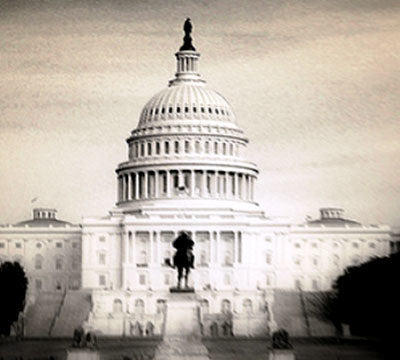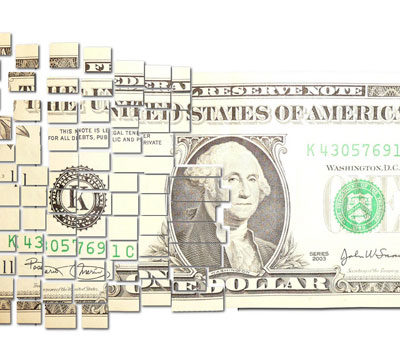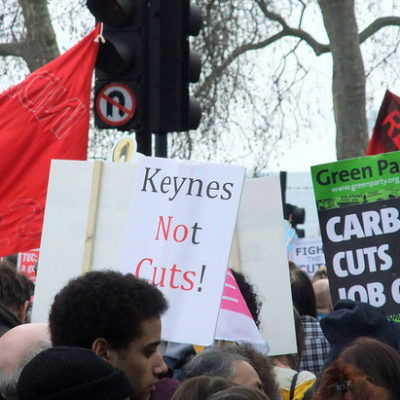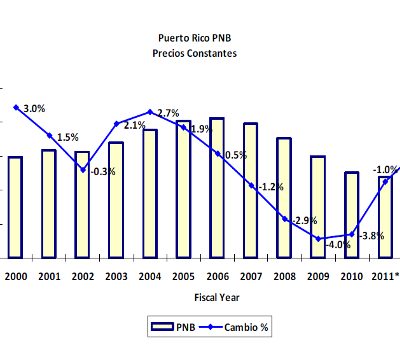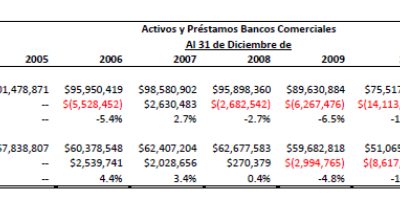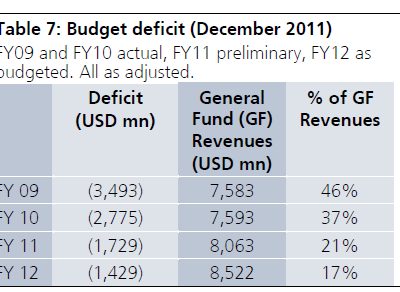Fiscal Situation Update: Fiscal Year 2012-2013 Budget
The Center for the New Economy (CNE) has just published its analysis of the proposals contained in the Governor’s budget request for fiscal year 2013. The analysis also includes a review of the fiscal trends for the fiscal year 2012, which ends on June 30, as well as an update of ten budget indicators that CNE has followed over the last five or six years.



